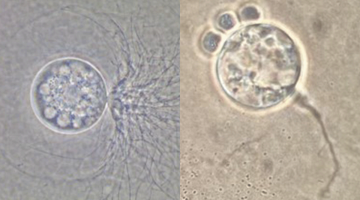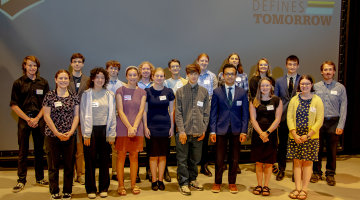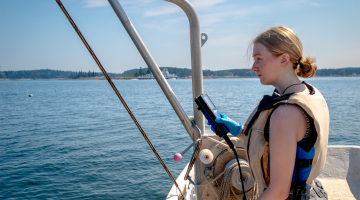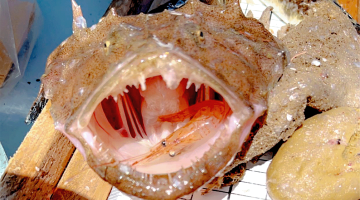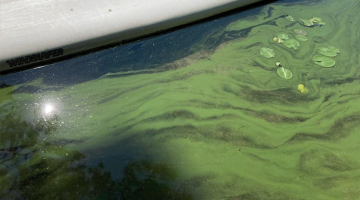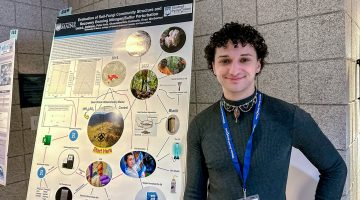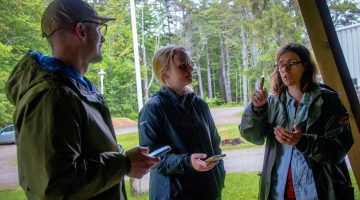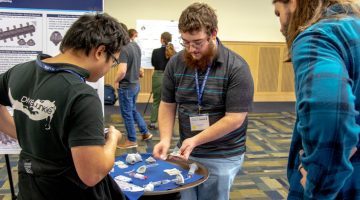Biodiversity Beneath the Surface: Étaín Cullen’s Exploration of Chytrids and Thraustochytrids
By Camryn Sudimick, Writing Intern Amid Maine’s watersheds reside countless microorganisms that many do not take the time to consider. These organisms, while small in size, play a crucial role in their ecosystems. Scientists have harnessed the power of environmental DNA (eDNA) when it comes to understanding the world of microscopic organisms. Étaín Cullen, an […]
Read more
